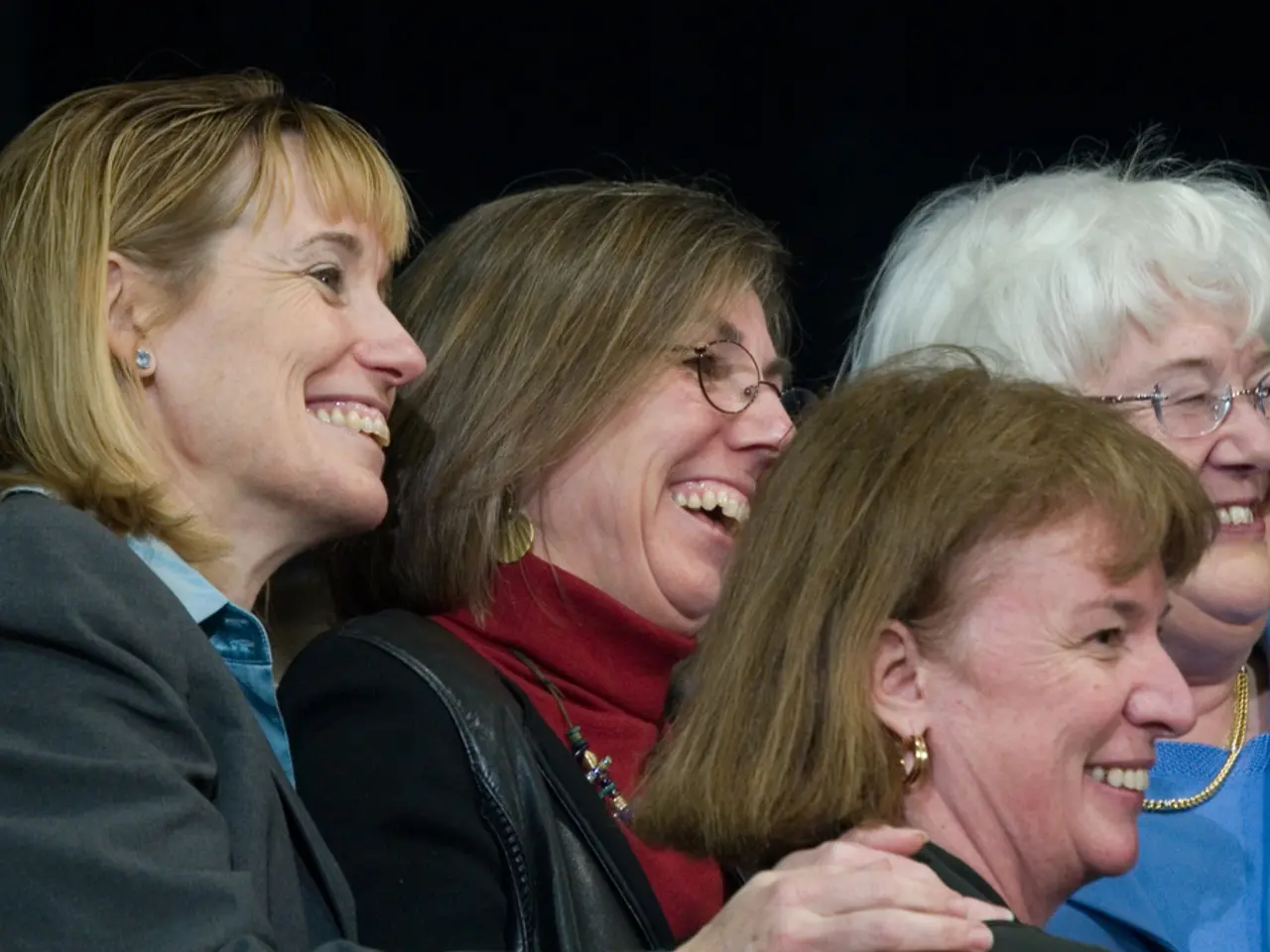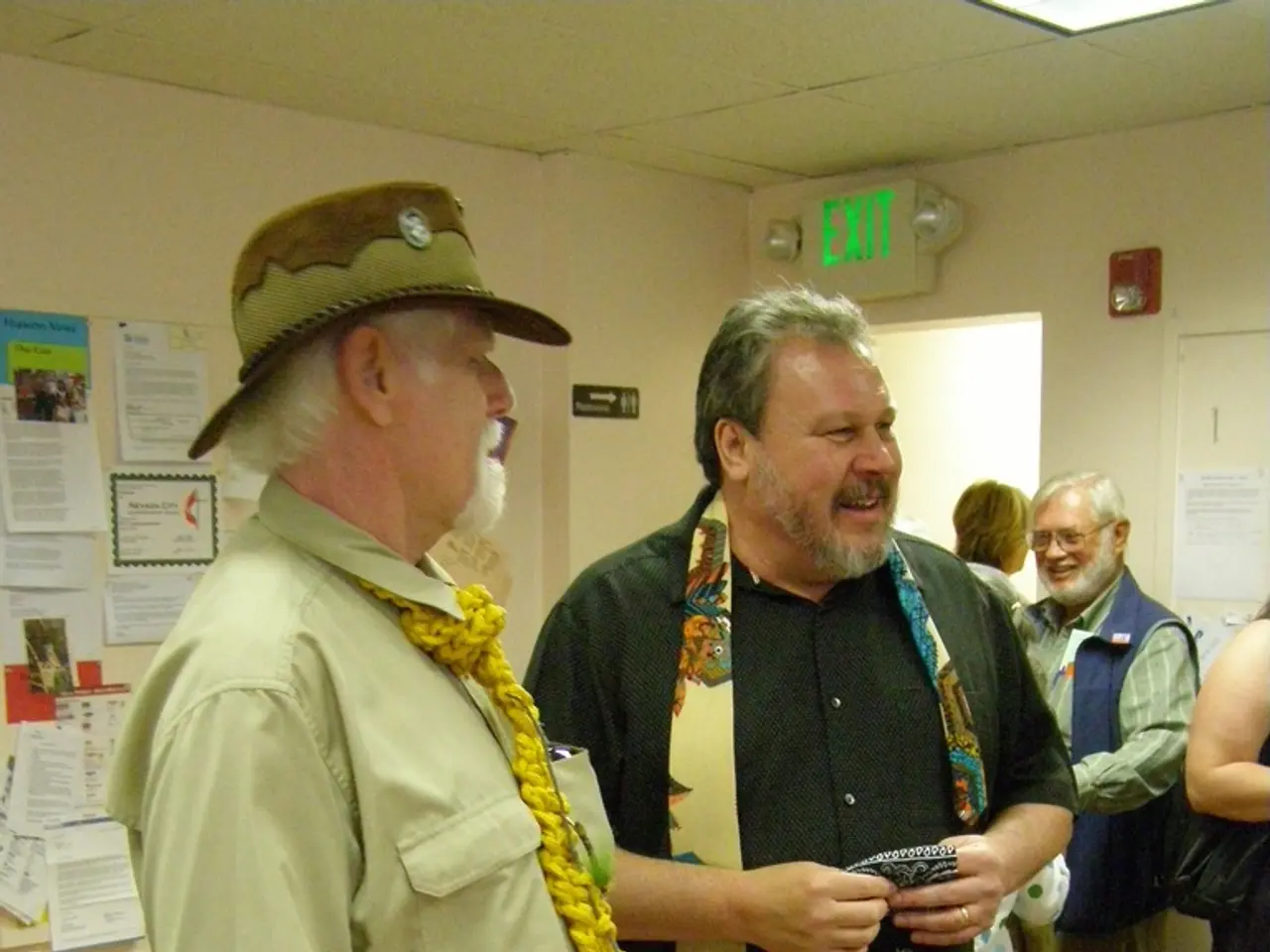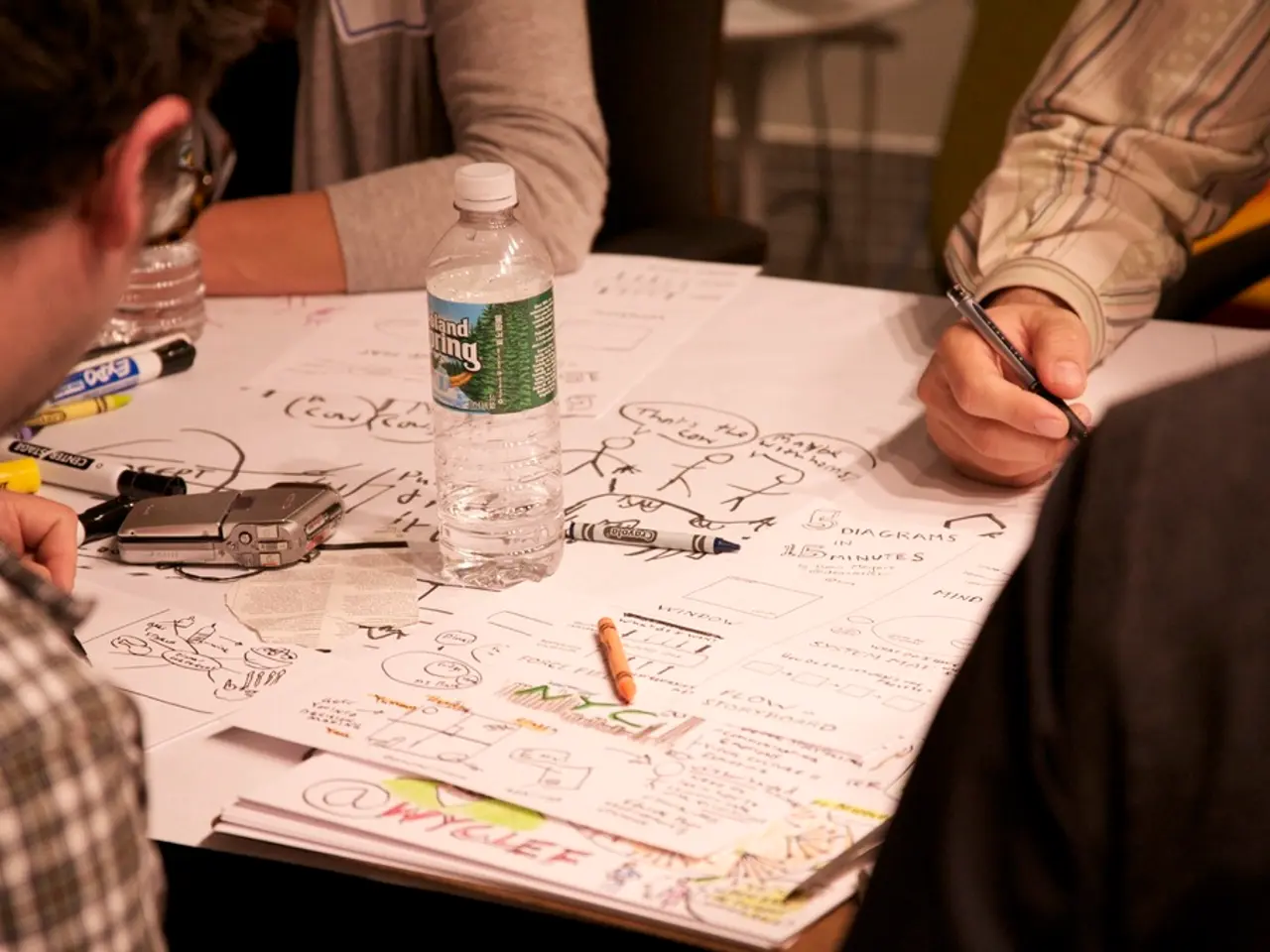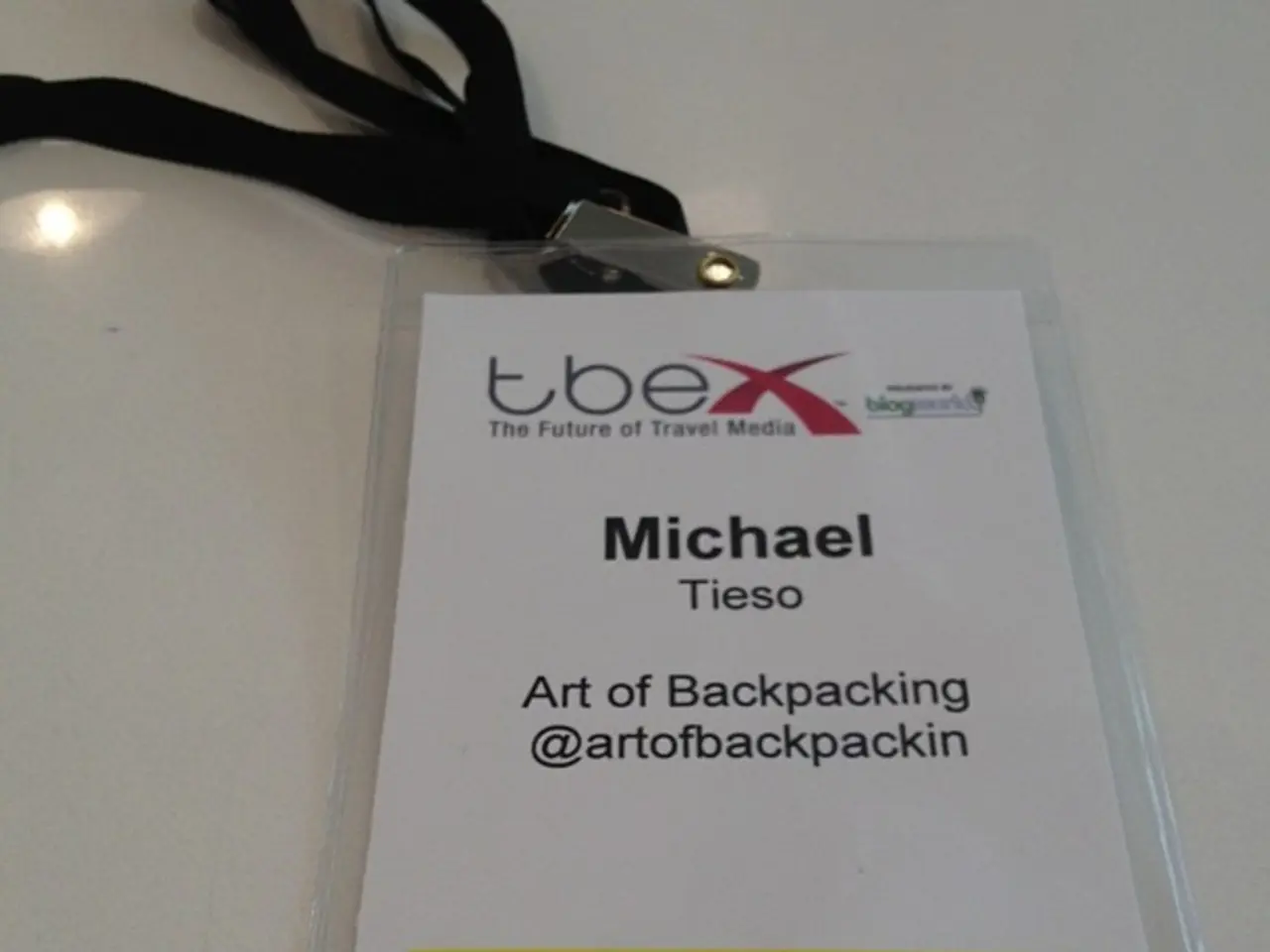Gelsenkirchen joins a coalition of cities, committing to prioritizing the needs of elderly citizens through a charter agreement
In the heart of Germany, the city of Gelsenkirchen is taking significant steps to cater to its growing population of older residents. With around 75,000 residents aged 60 or above, the city is estimated to see an increasing diversity of needs that politics and society must react to.
To address this challenge, Gelsenkirchen has joined the global network "Age-friendly Cities and Communities" of the World Health Organization (WHO). This network includes over 1,700 cities and communities worldwide, with Gelsenkirchen becoming the seventh German city to join this alliance.
The city's aim is not just to make its structures and offers of local senior work more visible nationwide, but to contribute to international exchange and knowledge transfer within the network. One of the key initiatives Gelsenkirchen is undertaking is a collaboration with RWTH Aachen University to design climate- and water-sensitive urban spaces.
The projects focus on creating multifunctional streets that enhance the quality of life and resilience of its residents, which could indirectly benefit older citizens by creating safer, more livable urban environments. For instance, these designs could improve accessibility and safety, reducing the risk of accidents that are more common among the elderly.
The revised master plan, "Aging well in Gelsenkirchen 2025," has been developed to meet the needs of an aging population. The plan aims to serve as a reliable framework for future-oriented, inclusive senior policy. Areas addressed in the revised master plan include digital participation, loneliness in old age, care, and mobility.
The Generationennetz Gelsenkirchen association, a central actor in the city, works together with various partners like welfare organizations, care facilities, hospitals, and churches. Their shared goal is to enable older people to live as independently and self-sufficiently as possible in their familiar environment.
Successful practical examples from other cities will be integrated into Gelsenkirchen's own work. For example, the city is looking to implement interdisciplinary urban design projects, such as the one focused on developing water- and climate-sensitive neighborhoods in Gelsenkirchen-Ückendorf, which aims to transform streets into multifunctional spaces that improve residents' quality of life and reduce environmental risks.
While specific goals and initiatives of Gelsenkirchen within the Age-friendly Cities and Communities network of the WHO for addressing the needs of older citizens are not explicitly detailed in the available search results, further research might be necessary through official municipal or WHO sources to learn more about Gelsenkirchen’s precise policies or programs specifically tailored to older adults under the WHO Age-friendly framework.
- Gelsenkirchen's collaboration with RWTH Aachen University, part of its commitment to the Age-friendly Cities and Communities network, aims to design urban spaces that not only cater to the needs of an aging population but also contribute to global knowledge exchange in health-and-wellness, mental-health, and social-media.
- The revised master plan, "Aging well in Gelsenkirchen 2025," addresses multiple aspects of senior living, including digital participation, loneliness in old age, care, mobility, and entertainment, with the ultimate goal of enabling older adults to age with dignity and independence.
- To ensure the success of its initiatives, Gelsenkirchen looks to successful examples from other cities within the network, such as implementing interdisciplinary urban design projects that combine the principles of health-and-wellness, mental-health, and environmental sustainability.




